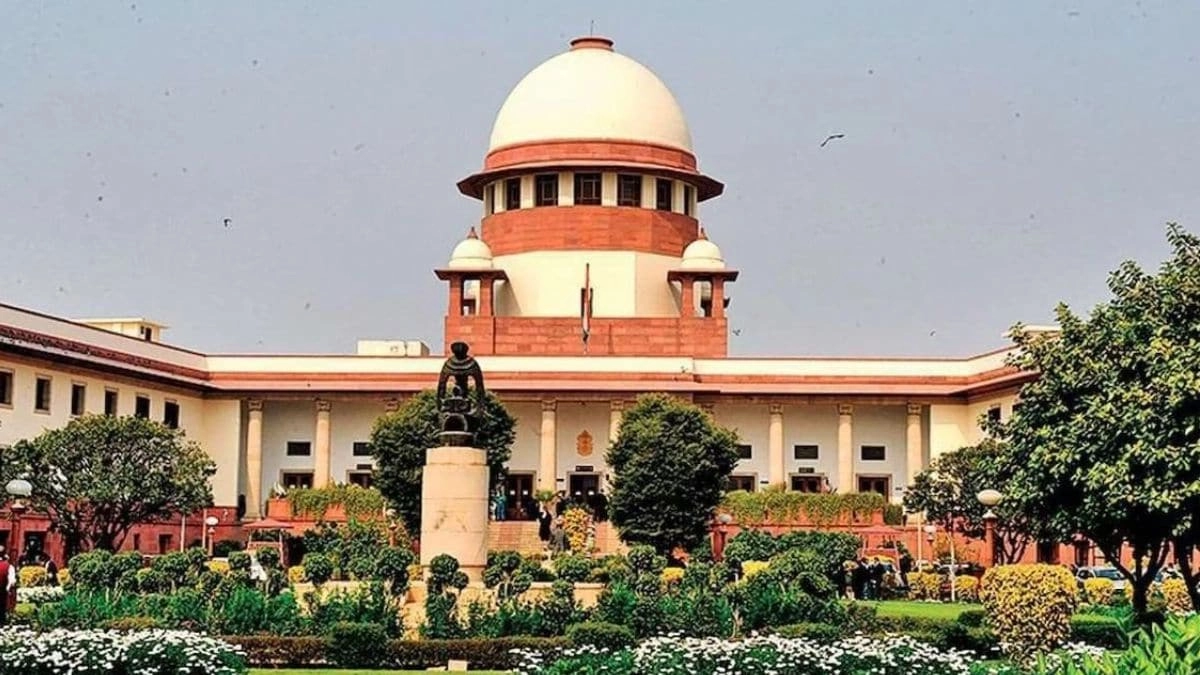Virginia Giuffre, a prominent accuser in the Jeffrey Epstein case, has reportedly died by suicide, a tragic development that has sent shockwaves through the community of advocates for survivors of sexual abuse. Giuffre was widely known for her courageous efforts to speak out against Epstein and his associates, bringing attention to the systemic issues surrounding human trafficking and the exploitation of young women. Her allegations against Epstein and his close connections, including high-profile individuals, played a significant role in the broader conversation about accountability and justice for victims of sexual violence.
Giuffre’s death raises important questions about the support systems available to survivors and the mental health challenges that many face after enduring trauma. Despite her bravery in coming forward, Giuffre often faced intense scrutiny and criticism, which can take a toll on anyone advocating for justice in such a high-profile case. Her story resonates with many who have suffered in silence, highlighting the importance of creating safe spaces for survivors to share their experiences without fear of judgment or reprisal.
In the wake of her passing, advocates and organizations focused on sexual abuse prevention are calling for a renewed commitment to supporting survivors and raising awareness about the mental health impacts of trauma. Giuffre’s legacy as a whistleblower and advocate will continue to inspire many to fight for justice and to ensure that victims are heard and supported. Her death serves as a somber reminder of the ongoing battle against sexual violence and the critical need for comprehensive resources for those affected. As the community mourns her loss, the dialogue surrounding the Epstein case and its implications for society at large remains essential, urging a collective effort to address these pressing issues.




